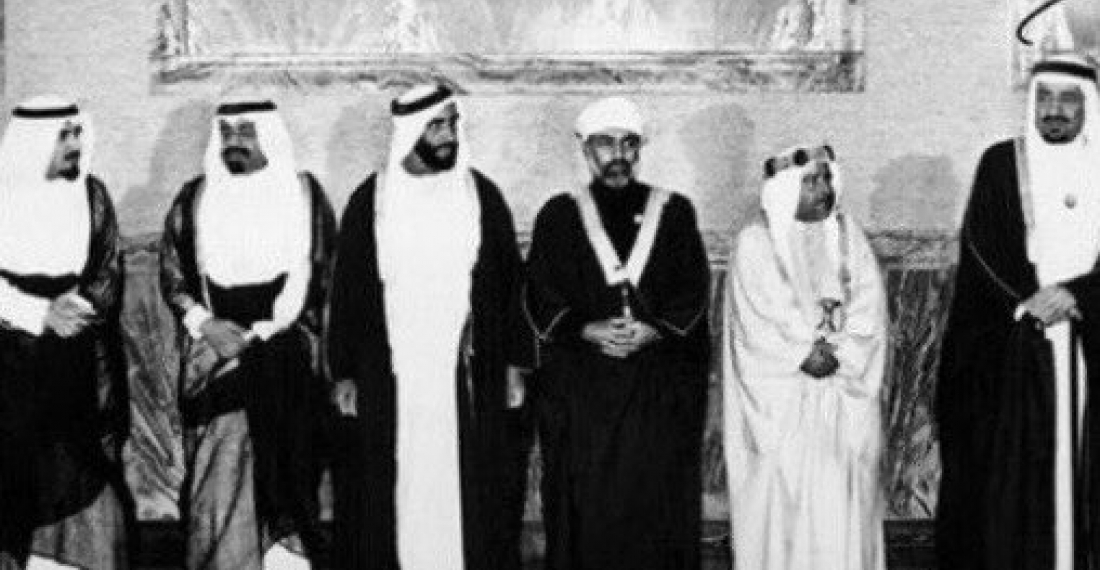In the last weeks it became clear that the Gulf Cooperation Council (GCC) - the grouping of the six monarchies in the Gulf, was looking to solidify its strength and unity in the face of new economic, security and health challenges. The major obstacle was the dispute within the group, namely the standoff between Qatar on the one hand and Saudi Arabia, Bahrain and UAE on the other, which has been ongoing for nearly four years
After intensive efforts by Kuwait, supported by the United States, the Qatar crisis appears to be on the way of being resolved and the GCC leaders summit, which takes place in Saudi Arabia this week will likely close this chapter, at least for now. Having survived many economic and security challenges, the GCC is keen to emerge from this week's summit a more united bloc. The unity and strength of the GCC is a much-needed force in the region, especially since the United States is signalling it may not sustain its strategic support going forward.
The GCC, known officially as, Cooperation Council for the Arab States of the Gulf, has existed since 1981 when all countries of the Arabian peninsula and the Gulf except for Iraq and Yemen signed the Charter launching a regional intergovernmental organisation. The GCC had since lived through many political and security experiences. Situated geographically between Asia, Africa and Europe, the GCC has been an important partner for many countries across these three continents. At the turn of the 21st century, the GCC leaders decided to create a customs union, a common market and a common currency. The bloc achieved major economic feats leading to a free and uninterrupted transfer of goods and persons but the goal of a monetary union is not yet realised. Perhaps the greatest achievement of the bloc was the development of its own social, educational and human capital.
The importance of healing the rift with Qatar was clearly highlighted by the Secretary-General of the GCC, Nayef Falah M. Al-Hajraf, who was appointed just before the Coronavirus pandemic.
In an interview with the Saudi TV Channel, Al Akhbariya, Al-Hajraf said that the GCC was born out of challenges and is capable of tackling contemporary challenges. Al-Hajraf highlighted the great desire of members states for this week's summit to be held in full attendance - in other words for the Qatari Emir to be present .
At the time of the GCC founding In 1981, the Gulf region was facing two major events: the Iranian revolution followed by the Iraq-Iran war; the GCC also experienced another war even closer when Iraq attacked Kuwait. Soon after, the rise of Al-Qaeda once again threatened the stability of the region. The GCC was able to preserve its unity and build a voice of reason as it succeeded to maintain security and economic order in the Gulf. Moreover, the GCC was able to highlight its importance given the location and the wealth of energy resources it has. In his interview Al-Hajraf also noted that the GCC was able to have global impact through its established investment and international development programmes. GCC’s total financial value, in fact, constitutes 8.1 per cent of the total financial value of the capital markets in Europe.
Going forward, the GCC will likely keep economic growth and cooperation at the forefront of its goals. The GCC minister for transport met last month to discuss plans for a Gulf railway network and launched an agency to supervise the efforts. The GCC also seeks to establish an infectious disease centre that can monitor and prepare for future epidemics. The summit will highlight many of the future plans. With Qatar rejoining the ranks, the GCC will once again be able to showcase itself as an exemplary model for cooperation despite the differences within it.
Source: This commentary was prepared by Noman Ahmed, Research Associate at LINKS Europe







